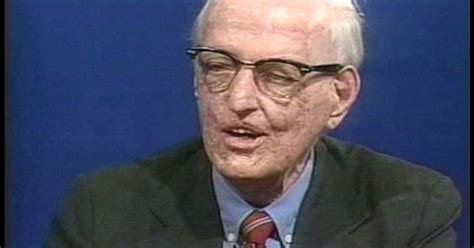A Quote by Ken Auletta
Among the enduring truths I keep bumping into when there is the luxury of time to get to know people or institutions, is that their decisions are often made for what are not, strictly speaking, reasons of logic.
Related Quotes
If we decide rightly what to do, or use a correct procedure for making such decisions, that has to be because the decisions or the procedure rest on good reasons, and these reasons consist in the apprehension of truths about what we ought to do. Because these truths must constitute reasons for our decisions, and because in the rational order, reasons must always precede the decisions based on them, the truth conditions of claims about what we ought to cannot be reduced to, or constructed out of, decisions about what to do, or procedures for making such decisions.
Our decisions need not be seen as resting on procedures that are merely instrumental in making judgments that are reliably truth-tracking. The procedures might be more directly related than that to truths about what is right or good, or about what we ought to do, or to principles that tell us what is true about these matters. And I have no metaphysical theory about the truth-conditions of such truths, except to say that as objective truths, they must be independent of the attitudes, decisions or actions that they are supposed to justify or for which they are to offer reasons.
Among all the liberal arts, the first is logic, and specifically that part of logic which gives initial instruction about words. ... [T]he word "logic" has a broad meaning, and is not restricted exclusively to the science of argumentative reasoning. [It includes] Grammar [which] is "the science of speaking and writing correctly-the starting point of all liberal studies."
There is no reason to accept the doctrines crafted to sustain power and privilege, or to believe that we are constrained by mysterious and unknown social laws. These are simply decisions made within institutions that are subject to human will and that must face the test of legitimacy. And if they do not meet the test, they can be replaced by other institutions that are more free and more just, as has happened often in the past.
In their zeal for particular kinds of decisions to be made, those with the vision of the anointed seldom consider the nature of the: process: by which decisions are made. Often what they propose amounts to third-party decision making by people who pay no cost for being wrong-surely one of the least promising ways of reaching decisions satisfactory to those who must live with the consequences.
































